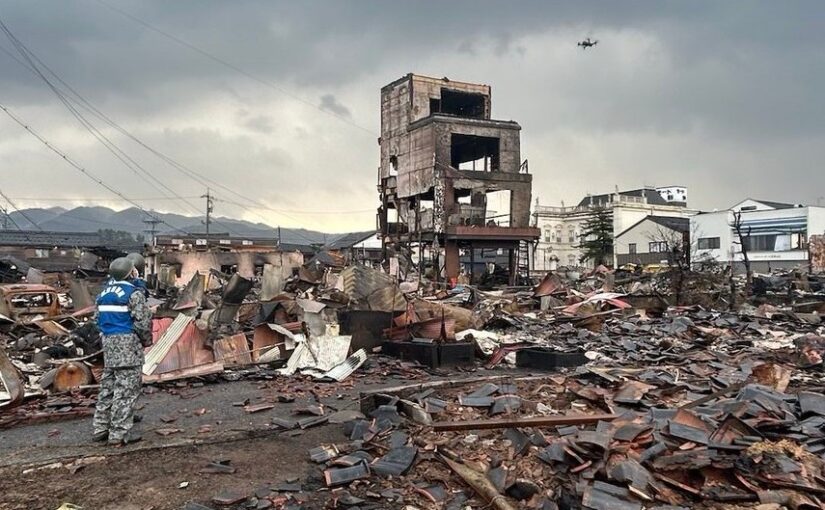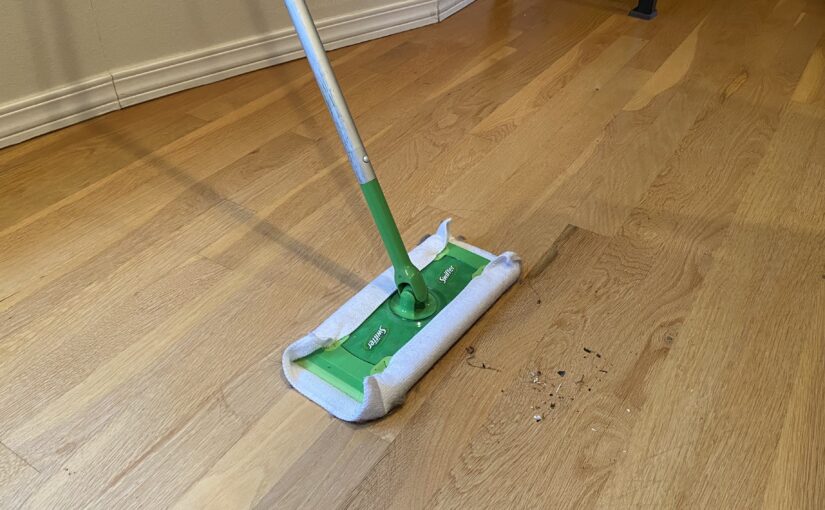We’ve seen it again in this disaster
On New Year’s Day, people’s celebratory mood was shattered in Japan. Every time I watched the news on TV, the death toll was increasing. NHK and other networks as well as YouTube videos showed horrible scenes.
Watching these videos at home, all I could feel was helpfulness. Nature doesn’t care if it’s New Year’s Day or not. It doesn’t care if the city has a long history of impeccable Urushi lacquerware making. It doesn’t care how many of the family members lost their lives.
No matter how far we humans have come to establish more convenient, comfortable lives over the millennium, one shake of the ground can destroy all that we have built. We humans are powerless.
But one Facebook post by Takashi Wakamiya, who leads a group of Urushi lacquer craftspeople in Wajima, the city almost flattened by the earthquake, has given me power.
However, even in these tough circumstances, I believe that artisans will try their best to respond to any work orders they receive.
At Hikoju Makie, we want to provide work to these artisans before they lose their spirit in the aftermath of the earthquake, hoping to connect them to a future of hope.
Even though somebody loses everything in a disaster such as an earthquake, as long as s/he has hope, s/he can restart, and rebuild, from nothing. Hope in his/her heart has no physical element itself, but it is the source of power to create something.
Japan has encountered numerous natural disasters in its long history. Wakamiya-san’s message has reminded me of the power of hope, that my ancestors have always resorted after each disaster.
Let me believe that I also have that power in me.

